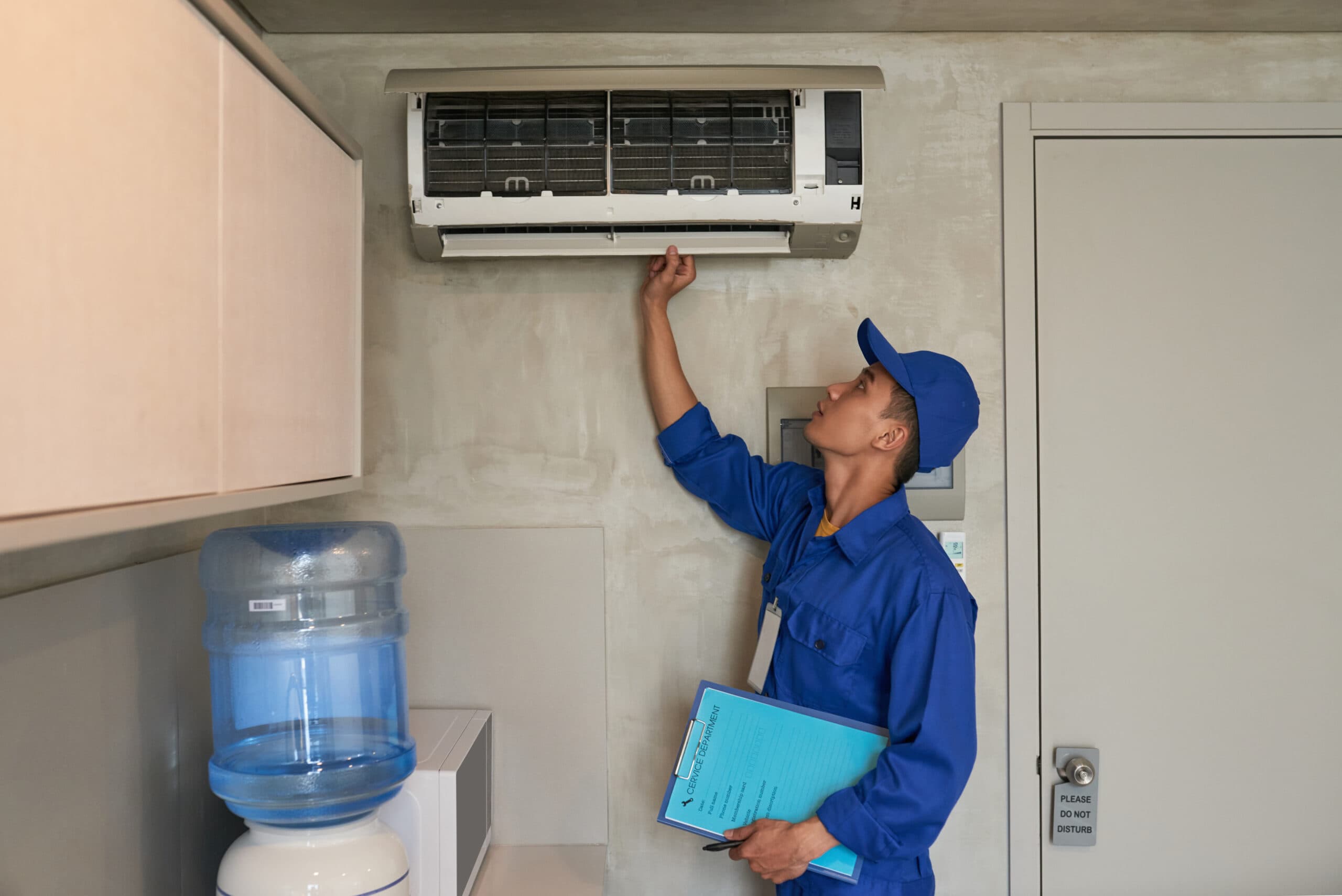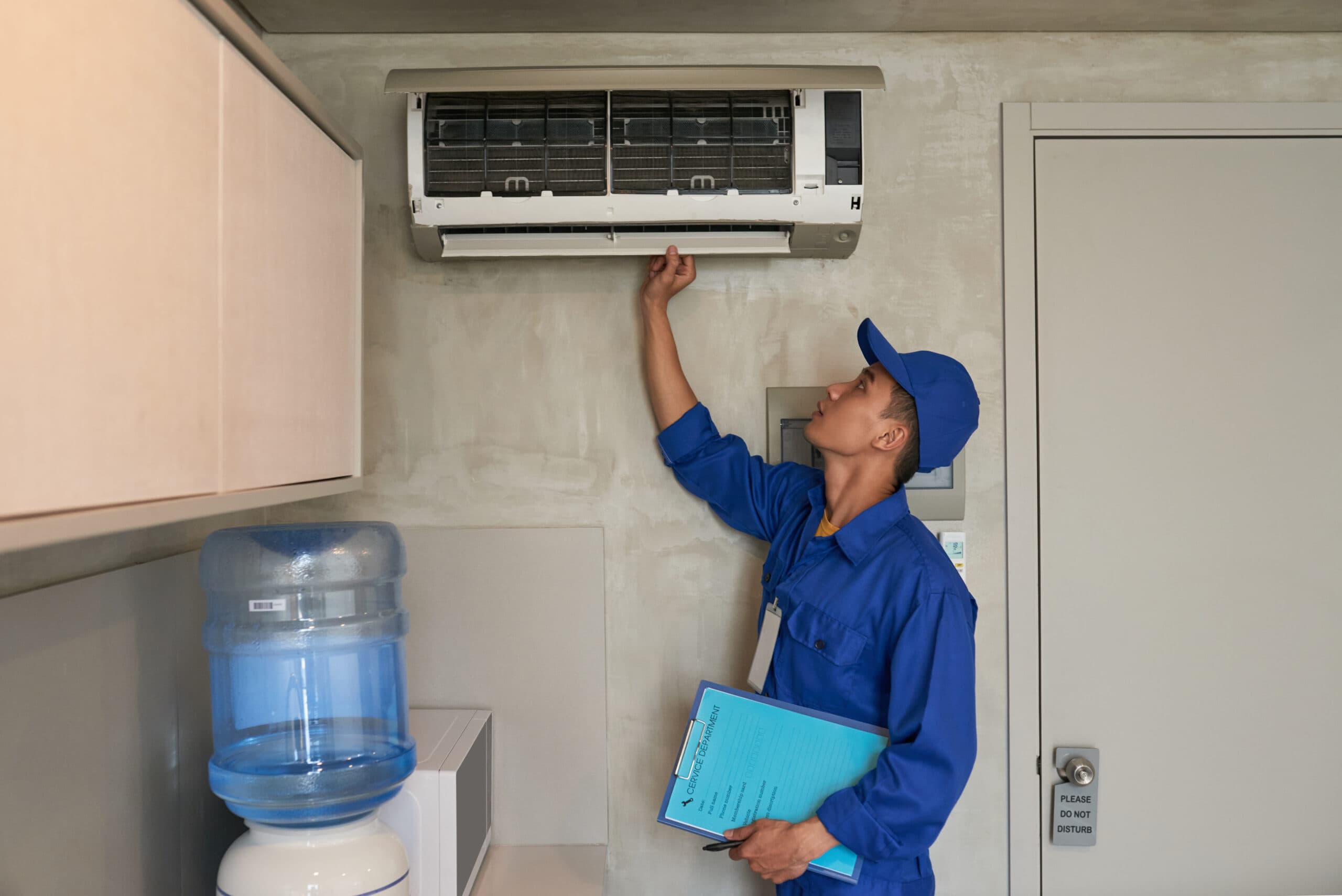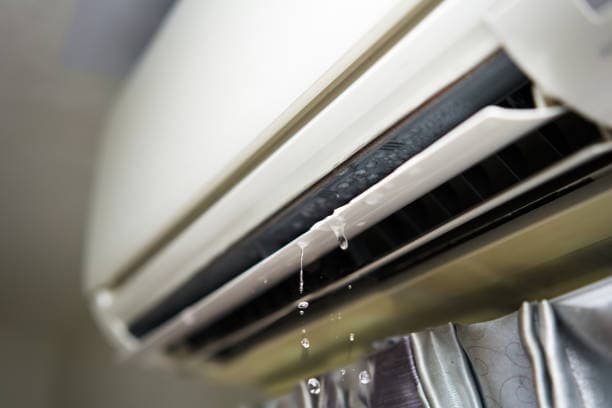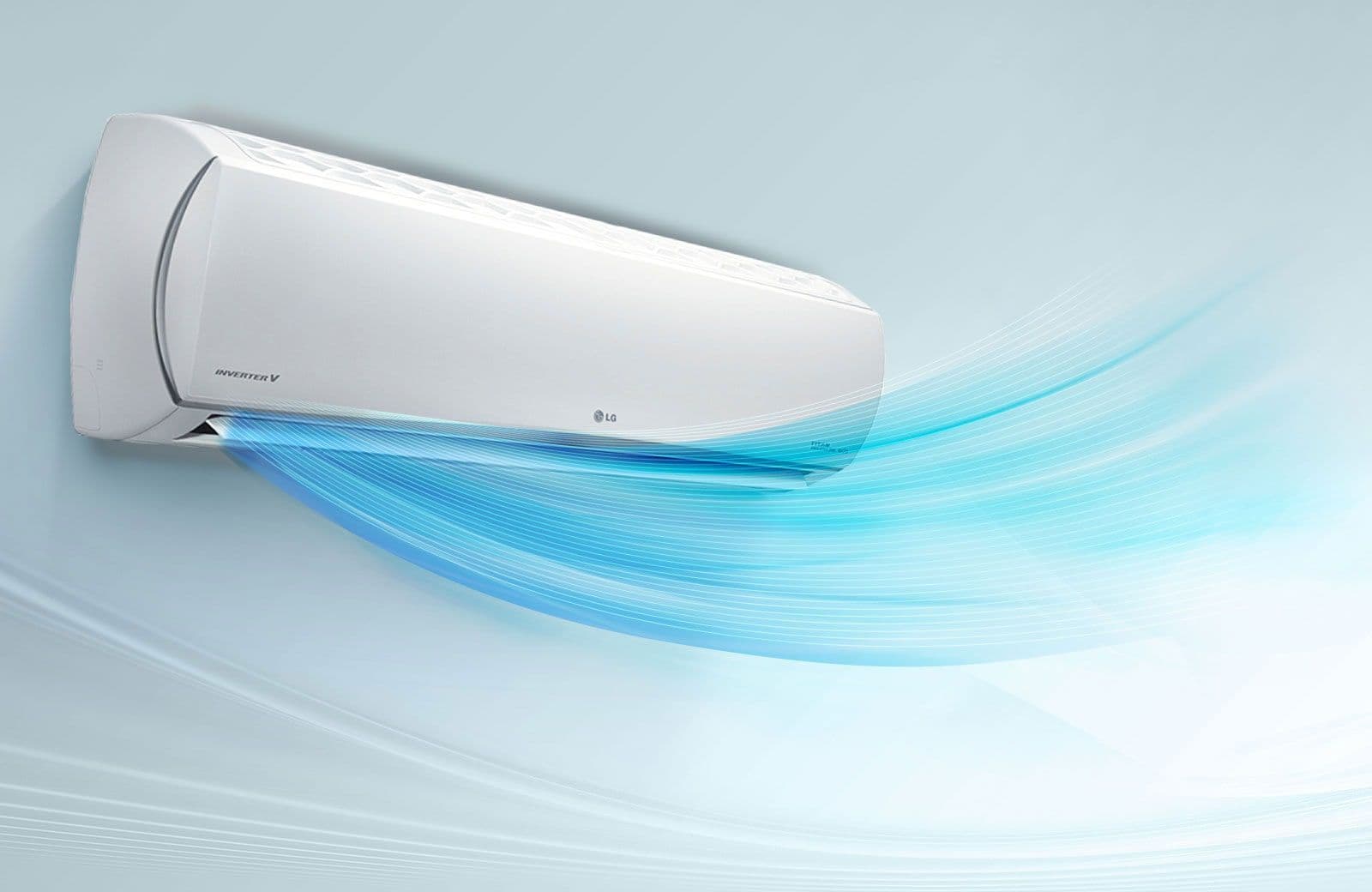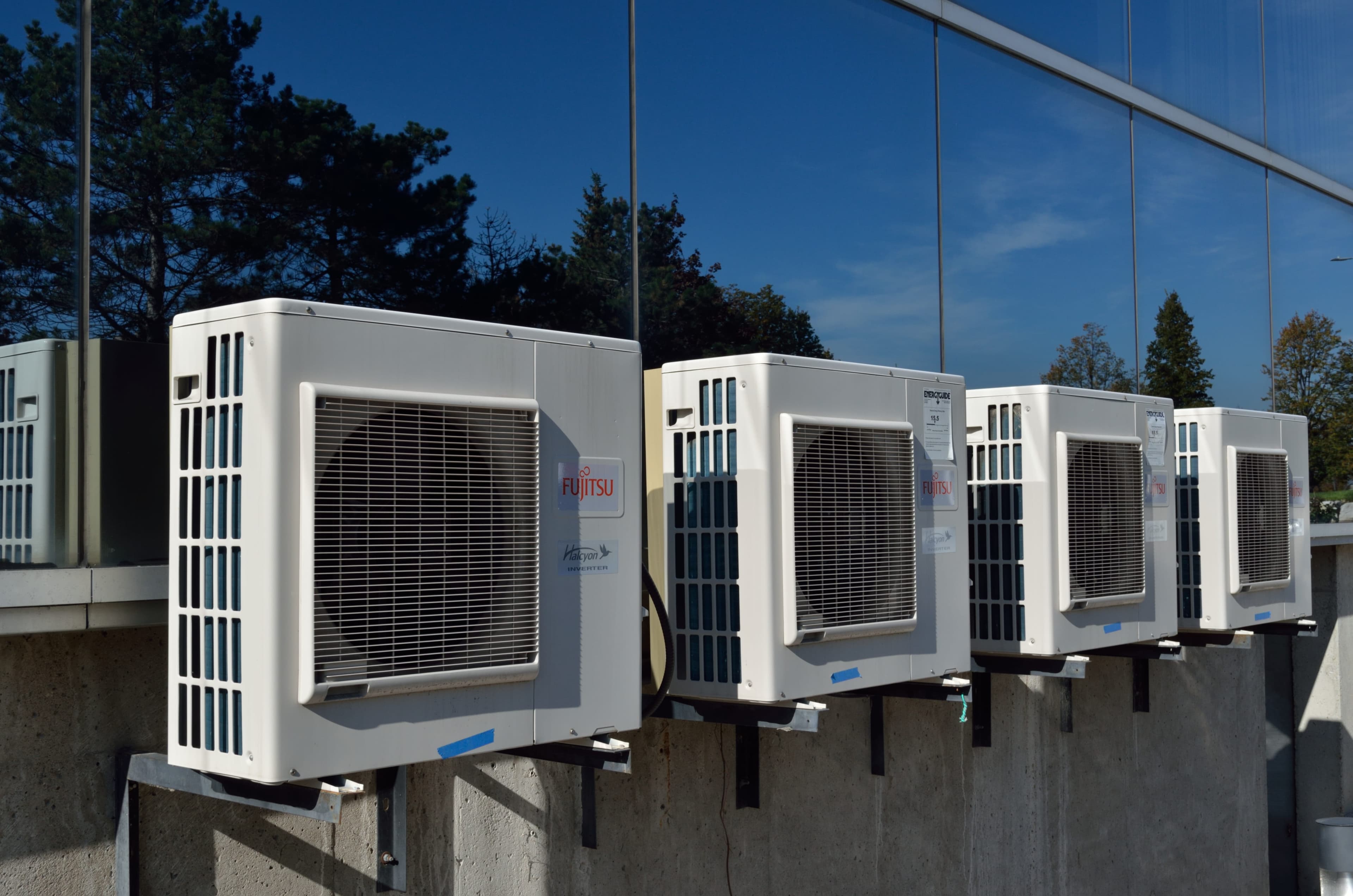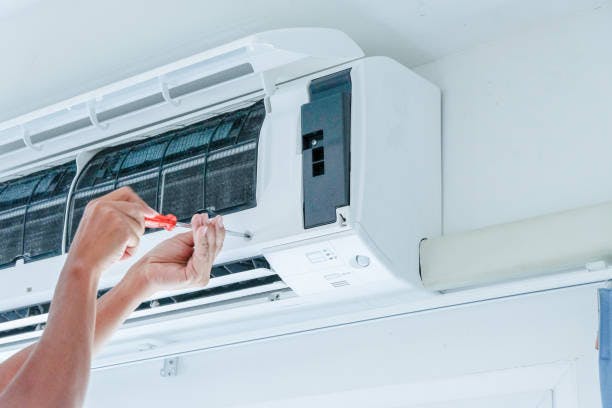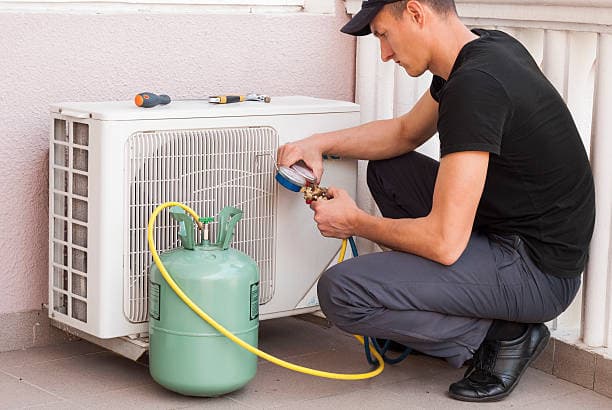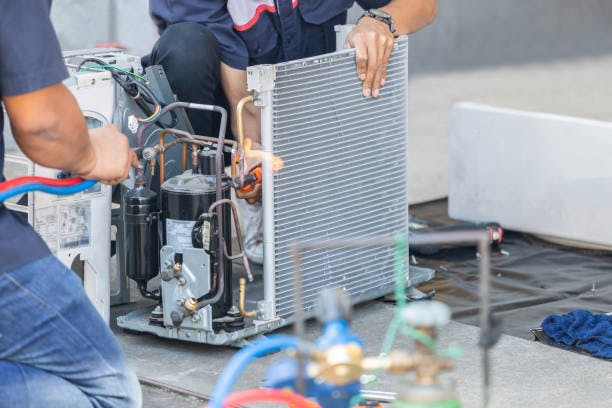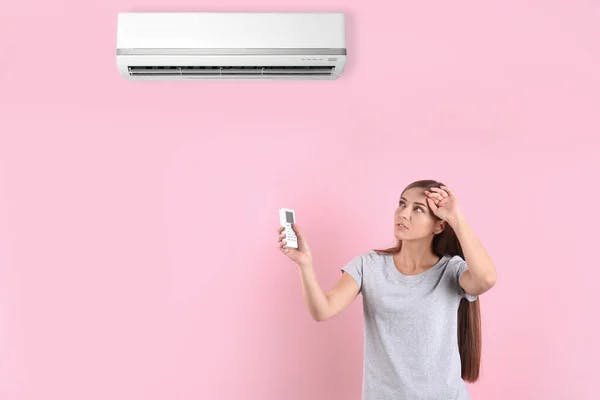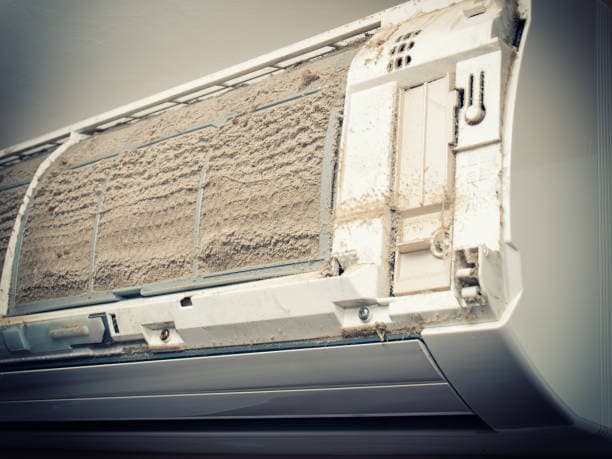“I cannot sleep with the aircon switched on because I have asthma,” has anyone told you this before? Well, we’ve encountered someone saying this in passing before, but is it true?
As we all know, aircon has become a necessity in modern living spaces, providing us with the comfort and relief we crave from the sweltering heat, especially on our tropical island. However, beyond the cool air and convenience, many have raised concerns about the potential impact of aircon on respiratory health, specifically for those with asthma. Which beckons the question, can aircon trigger asthma?
Before we dive in, let’s understand what asthma is. An excerpt from an article produced by the World Health Organization (WHO) states that “asthma is a chronic lung disease affecting people of all ages. It is caused by inflammation and muscle tightening around the airways, which makes it harder to breathe. Symptoms can include coughing, wheezing, shortness of breath and chest tightness. These symptoms can be mild or severe and can come and go over time.” And while asthma can be a serious condition, it can be managed with the right treatment.
Further studies have also mentioned that while asthma triggers can vary from person to person, common factors include allergens, irritants, respiratory infections, and environmental conditions.
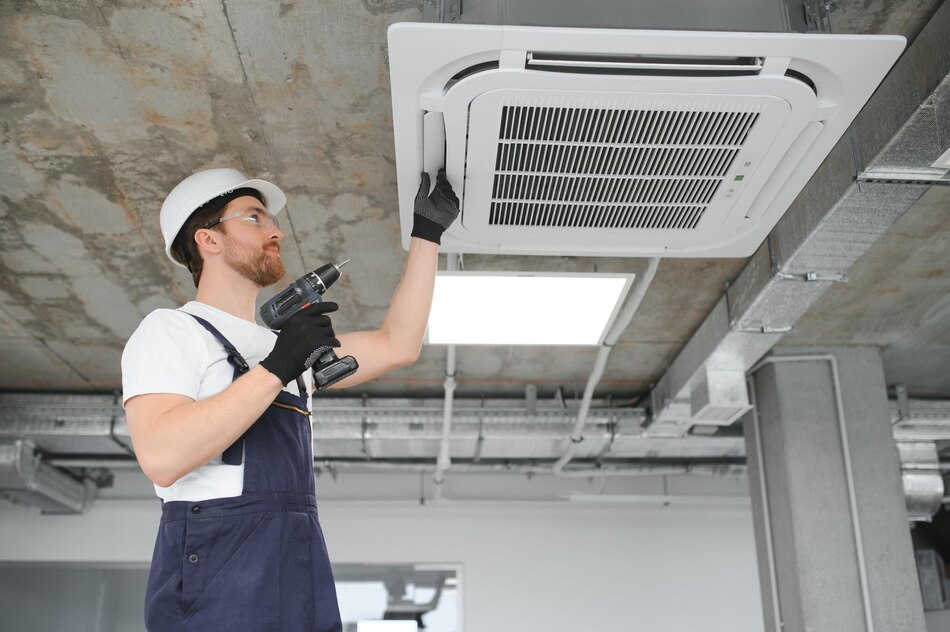
What Do We Really Know About The Role Of Aircon?
Aircon systems circulate and filter air, removing humidity and pollutants to maintain a comfortable indoor environment. However, certain aspects of aircon can potentially trigger asthma symptoms. For example, poor indoor air quality with inadequate ventilation or absence of aircon servicing can contribute to asthma triggers. Dust, mold, pet dander, and other allergens may also accumulate and attach themselves within the aircon ducts, leading to respiratory irritation when dispersed into the air.
That’s not all, dry air can also act as a trigger for asthma. Aircon systems dehumidify the air to control humidity levels which can result in excessively dry indoor air. This in return can irritate the respiratory tract, especially for those with sensitive airways, and trigger asthma symptoms like coughing and chest tightness.
Rapid temperature changes also play a part. Have you noticed that several shopping malls in Singapore are extremely cold? That poses a problem when you’re transitioning from a hot outdoor environment to a cold aircon space, and can potentially provoke your airway constriction and trigger major asthma attacks.
Lastly, neglected aircon systems are the major culprit for anyone who suffers from asthma. Dirty filters and air ducts can hold dust, mould, and bacteria, which are then circulated throughout an indoor environment. Breathing in these contaminants can aggravate asthma symptoms and compromise respiratory health.
How To Lessen The Risk?
While aircon may pose potential risks for you if you have asthma, there are several measures to take when minimising these risks and ensuring your respiratory health is up to track.

It is advised by healthcare and industry experts to schedule regular aircon servicing by reputable professionals to maintain ideal indoor air quality and system efficiency. Professional servicing also includes cleaning or replacing filters, inspecting ductwork, and addressing any kind of issues that may jeopardize the aircon’s performance.
Pairing air purifiers with HEPA filters along with your aircon can further improve indoor air quality by capturing airborne allergens and pollutants.
Using aircons with built-in humidity control features can also help to balance the indoor humidity levels, and prevent the exertion of excessively dry air. This in turn will not irritate the respiratory tract any further .
Final Thoughts
Of course, we are no doctors. So, regular consultation with your healthcare professionals will ensure a healthier version of you for they can guide you to manage your condition while taking into consideration the indoor environmental factors, especially with the usage of aircon.
While aircon plays a significant role in maintaining indoor comfort, its impact on respiratory health, particularly for those with asthma, warrants careful consideration. Hence, prioritizing regular aircon servicing is crucial for better indoor air quality.


